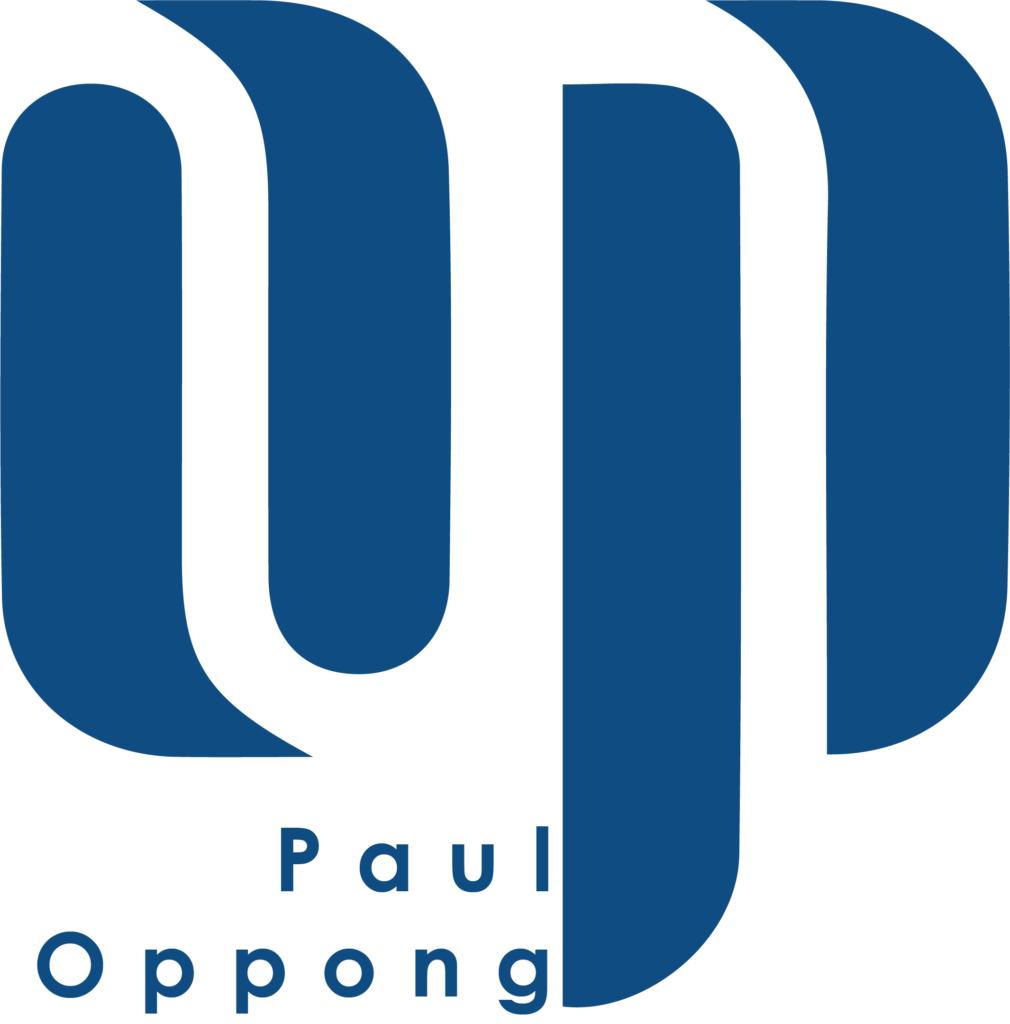The Australian Public Service (APS) is on the brink of a significant transformation as it gears up to implement the new Enterprise Agreement. This agreement, brokered by the Community and Public Sector Union (CPSU), a key union representing public sector employees, sets the employment terms for over 100,000 public servants for 2024-2027. An Enterprise Agreement in Australia is a type of employment contract that outlines the terms and conditions of employment between an employer and its employees. The new CPSU-brokered agreement heralds substantial changes in flexible work policies, underlining diversity, inclusion, and employee well-being.
APS Workplace Transformation: Flexibility, Agility, and Employee Engagement
The new Enterprise Agreement marks a strategic shift towards flexible work models, aligning the APS with the dynamic needs of the Australian public. This shift includes physical work arrangements such as remote work, compressed hours, and job sharing, and further supports the APS’s ongoing use and development of agile methodologies in project management. These strategies are key to boosting productivity, enhancing employee satisfaction, and fostering organisational agility.
Adopting a holistic approach to flexibility empowers the APS to adapt effectively to evolving work environments and shifting employee needs. This shift, mirroring successful models from companies like Medibank and WiseTech Global, prioritises employee well-being while optimising productivity and engagement. It offers avenues for innovation, but also necessitates adjustments in communication styles, resource allocation, and performance metrics, reflecting the broader Australian corporate sector’s transition towards adaptable work environments.
As the APS transitions towards a more flexible and agile work environment, it’s important to consider the potential impact on its employees. The shift to more flexible work models represents a significant change in their work routines and expectations. Employees might have mixed reactions — enthusiasm for improved work-life balance and concerns about maintaining productivity and connectivity in a more dispersed work setting.
To facilitate a smooth transition, it’s advisable for the APS to actively solicit employee feedback. Techniques such as surveys, focus groups, or open forums could be instrumental in understanding their concerns and suggestions. Collecting this feedback would help in customising support for remote work, ensuring team cohesion, and identifying opportunities for professional development in a flexible work environment. Such proactive engagement would demonstrate a commitment to not only implementing structural changes but also to fostering a supportive and inclusive workplace culture.
The Crucial Role of PMOs and PPM Tools in Transition Management and Employee Support
As the APS transitions to a flex-first environment under the CPSU Enterprise Agreement, the strategic importance of Project Management Offices (PMOs) and Project Portfolio Management (PPM) tools like Altus is heightened. They will need to navigate challenges akin to those faced by their corporate counterparts, such as connectivity issues, reimagining office spaces, balancing autonomy with collaboration, and shifting the management focus from time and place inputs to quality and timely outputs. This can help mitigate employee turnover, boost morale, and foster a sense of belonging and purpose among the APS workforce.
PMOs, entrusted with ensuring a seamless transition, play a key role in implementing change management strategies aligned with the APS’s strategic objectives. This includes updating policies to reflect the new flexible working conditions, establishing clear remote work protocols, and setting revised communication standards and performance metrics. PMOs also play a key role in guiding project managers and teams through these changes, organising training sessions, and disseminating best practices for remote project management. This ensures not just compliance with the new policies but also their alignment with the overarching goals of the APS, particularly in enhancing public service delivery.
PPM tools like Altus are integral in facilitating the strategic changes being implemented. They provide essential support for communication, resource management, and the adoption of agile methodologies, contributing significantly to the efficiency and effectiveness of the transition. The strategic use of such tools ensures that the APS can maintain high standards of productivity and collaboration, even as work environments become more diverse and dispersed.
Case Study: Melbourne Airport’s Successful Digital Transformation
Case studies, such as the one by Sensei on Melbourne Airport’s successful digital transformation, demonstrate the potential of PPM tools in facilitating the adoption of agile methodologies in project management. These tools can support the APS in meeting workforce needs across various locations, fostering innovation, and enhancing job satisfaction. The Melbourne Airport example, involving PMO technologies, underscores the importance of such tools in driving innovation and improving job satisfaction within the APS.
This transition further provides the APS with the opportunity to access a broader and more diverse talent pool, extending across Australia. Overall, these strategies signify a comprehensive reimagining of the APS workplace, preparing it for a future aligned with public service excellence and governmental priorities.
Conclusion: The Future of APS Workplace
The new CPSU Enterprise Agreement, introducing significant changes in flexible work policies, is a landmark moment for the APS, set to transform the APS workplace. To navigate this transition, the APS will need to leverage the strategic roles of PMOs and steering committees, the support of PPM tools like Altus, and the feedback and engagement of its employees. By doing so, the APS can create a work environment that is not only efficient and productive but also diverse, inclusive, and supportive of employee well-being.

